Horst Arts & Music
Horst Arts & Music is a year-round cultural platform based at Asiat Park in Vilvoorde, merging music, art, and architecture into an evolving spatial practice. We joined Horst to explore and narrate this multidisciplinary vision through research, reflection, and co-creation. What began as documentation developed into a co-creative partnership shaped by shared values and a commitment to deep storytelling.
Founded in 2014 at Horst Castle in Holsbeek, Belgium, Horst Arts & Music Festival quickly became an internationally recognized platform for forward-thinking electronic music, site-specific art, and architectural experimentation. In 2019, it relocated to Asiat Park, a former military site in Vilvoorde, where it now operates year-round with exhibitions, installations, and public programs. Horst’s approach intertwines disciplines rather than keeping them separate: stage design becomes sculpture, sound invites reflection, and architecture becomes part of the narrative. By fostering continuous experimentation and collaboration, Horst has established itself as a leading global hub at the intersection of music, art, and spatial practice.
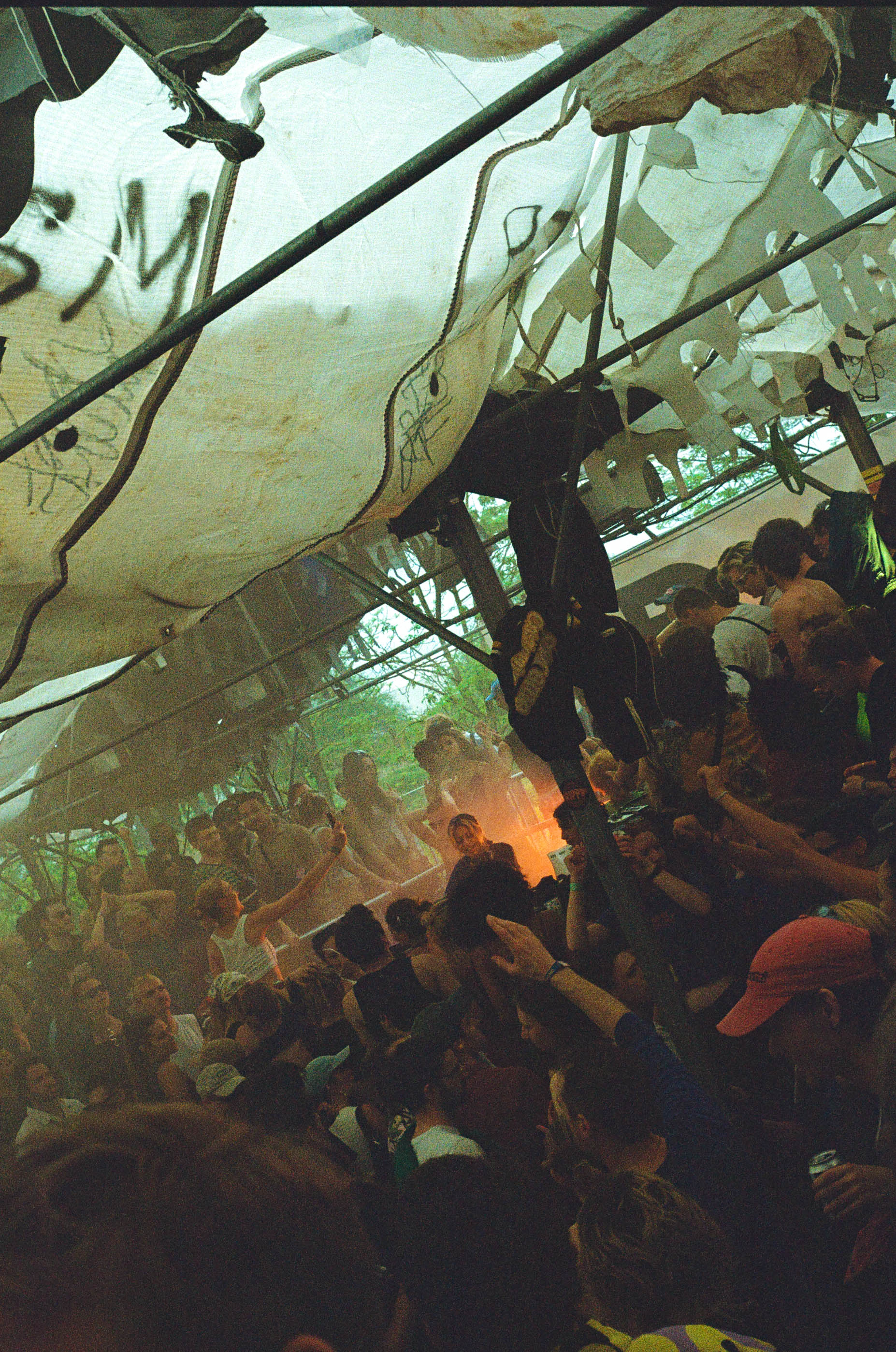
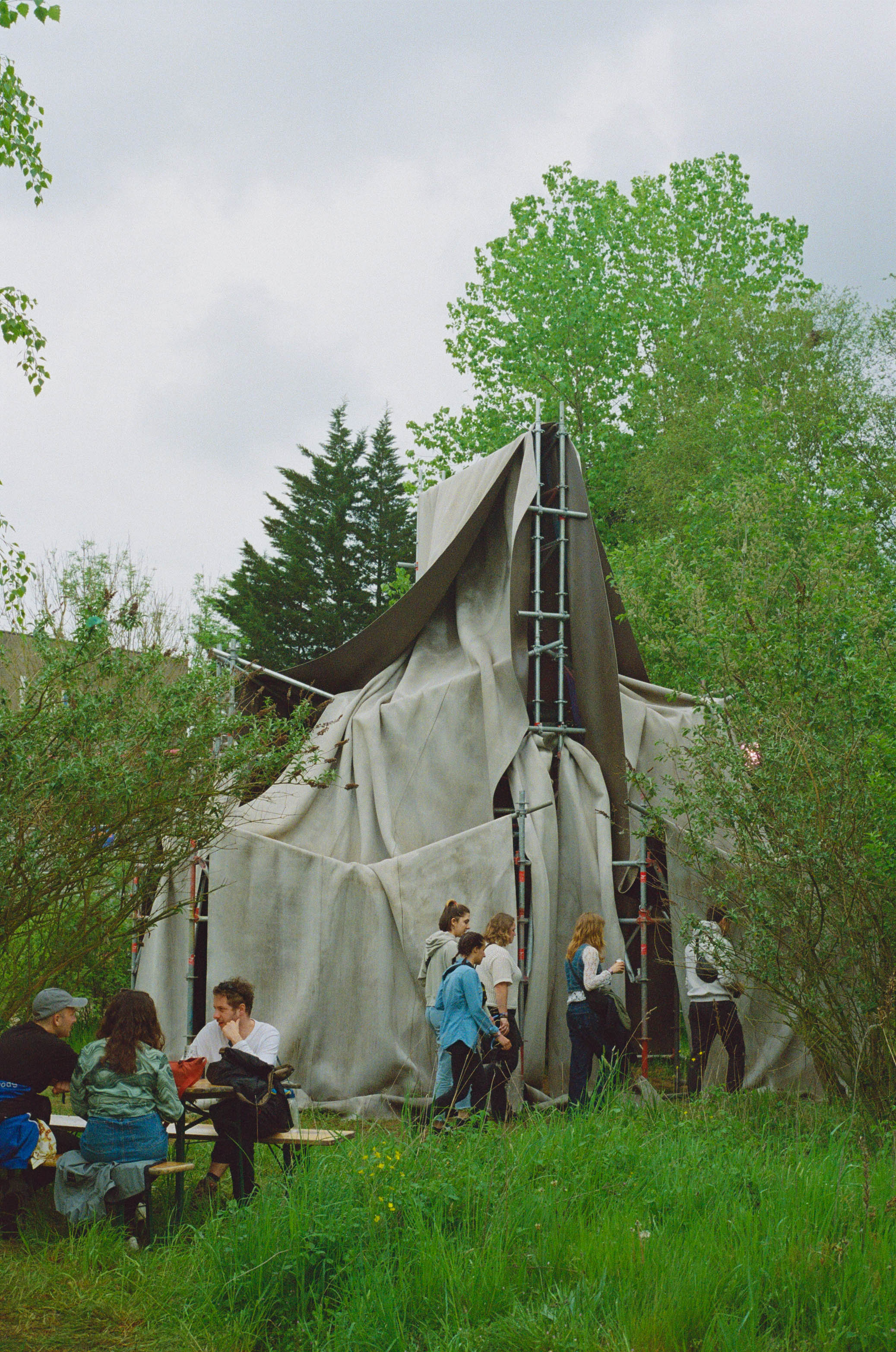
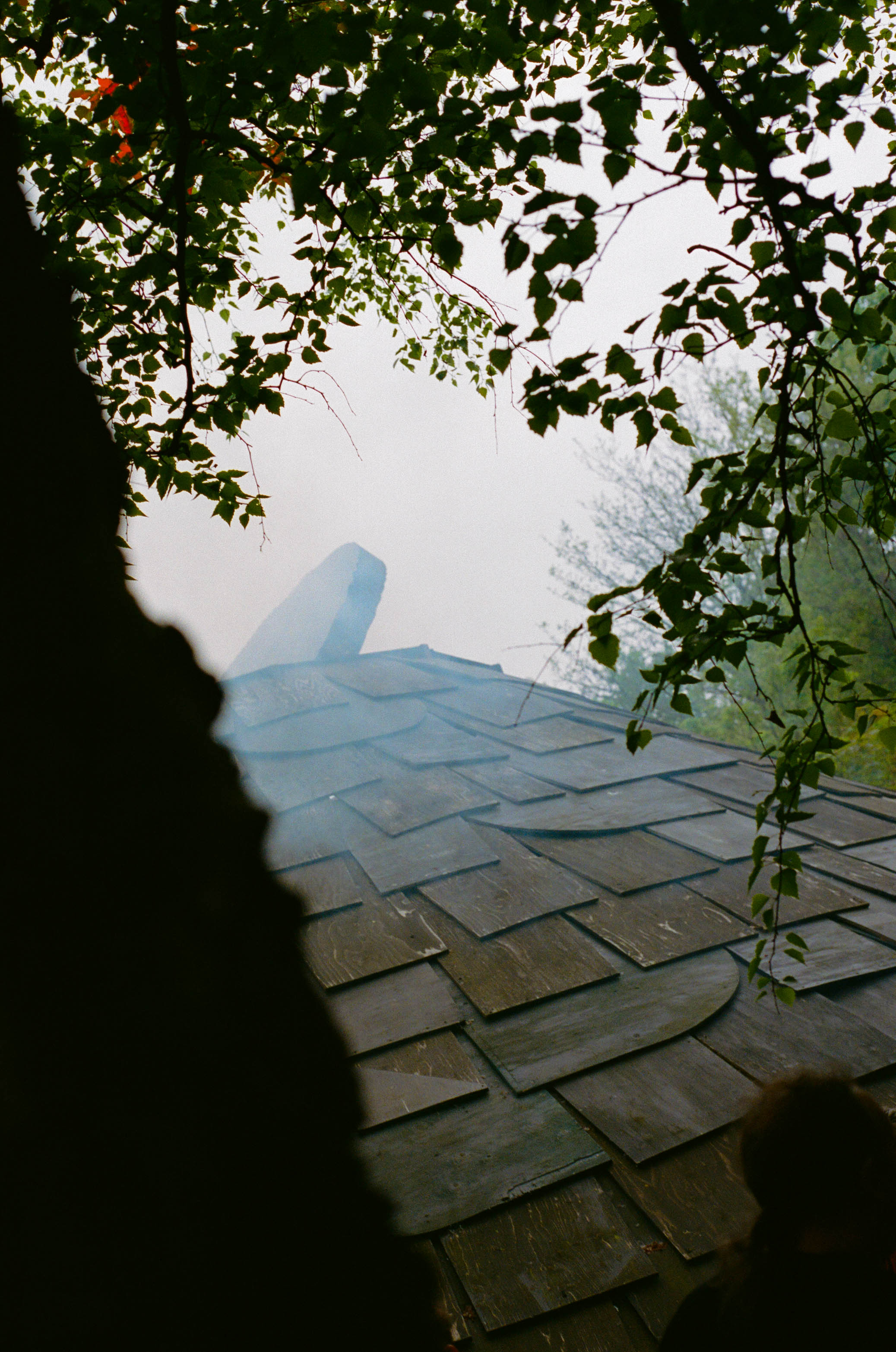
A collaboration rooted in shared ethos
Collaborating with Horst felt natural for Minimal Collective. We shared an interest in multidisciplinarity and in exploring how Horst’s evolving practice could be reflected and amplified through collaborative ways of storytelling. Over time, this understanding grew into a multi-year partnership grounded in curiosity, research, and shared reflection.
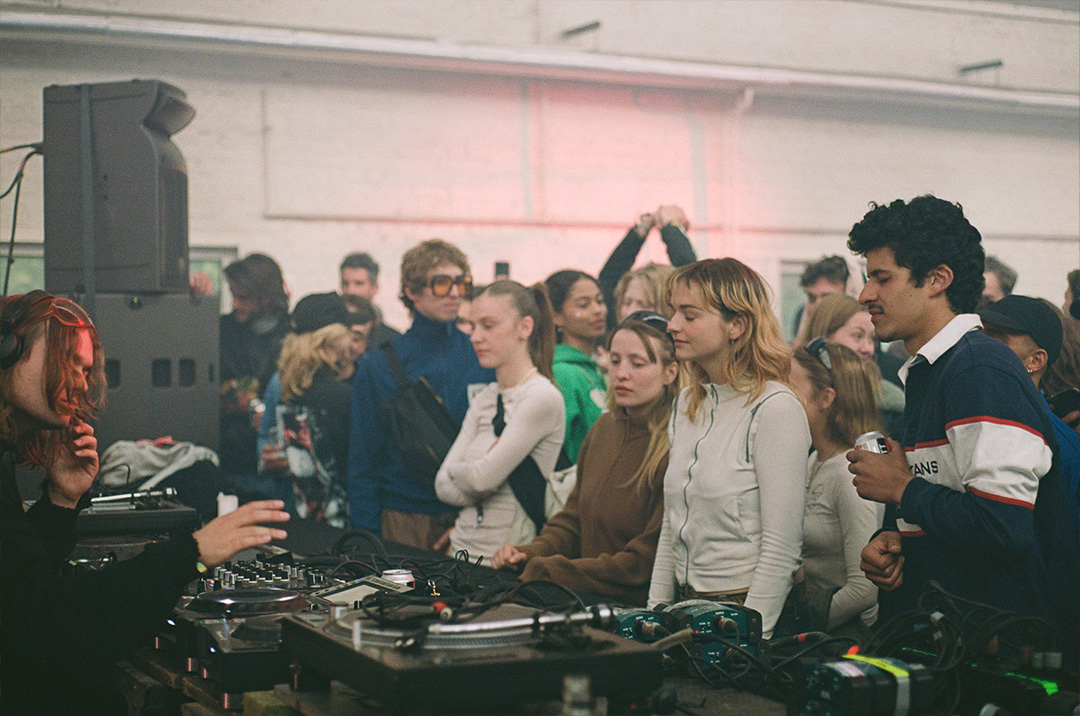
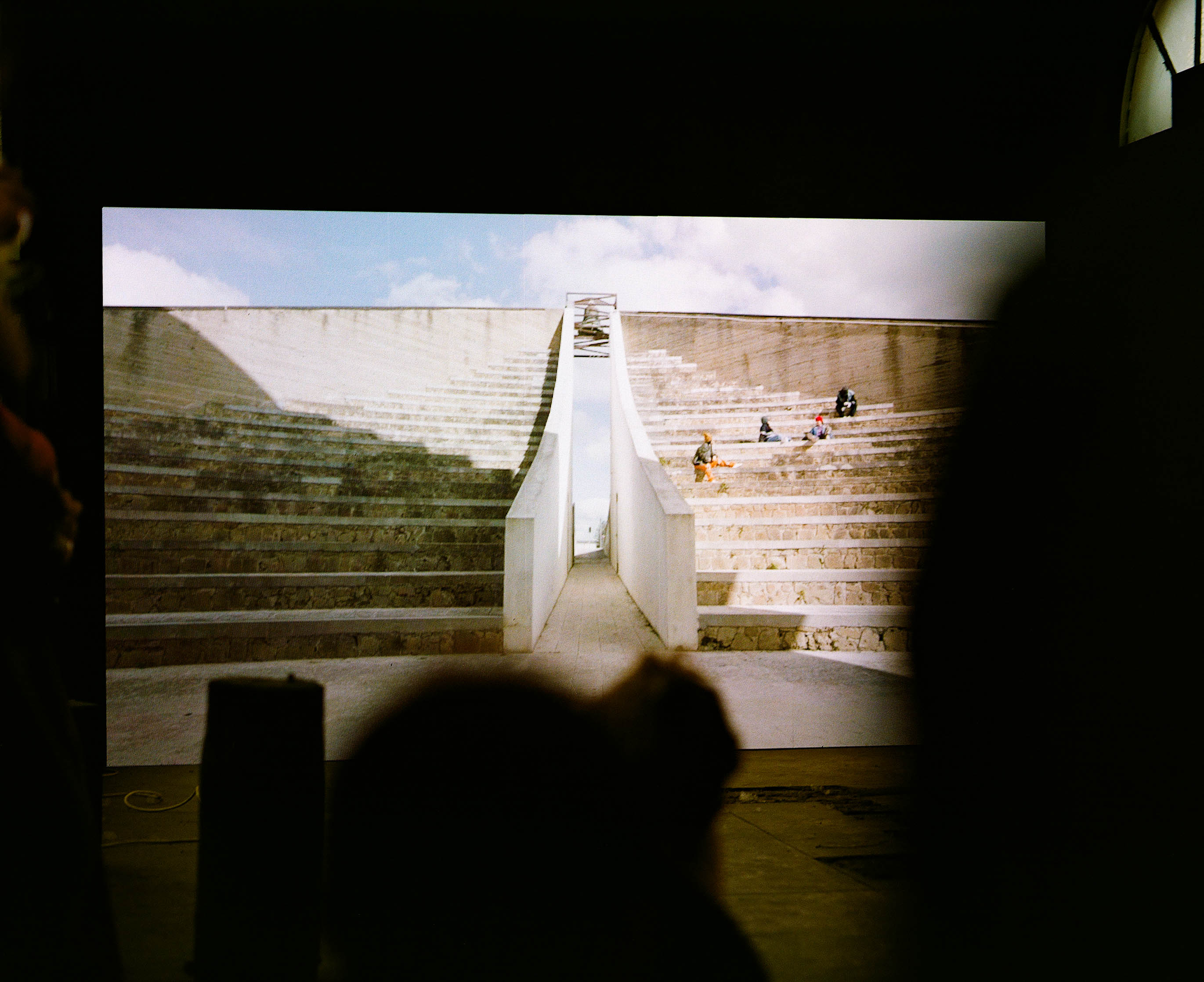

Documenting emergence
During the lockdown, our collaboration began with visual documentation of the festival as the world reopened. Through live reporting and photography, we captured the interaction between sound, space, and movement. These images highlighted the tension between natural decay, contemporary art, and embodied experience. The documentation drew attention across online platforms and offered a first glimpse into Horst’s spatial approach to music and culture.
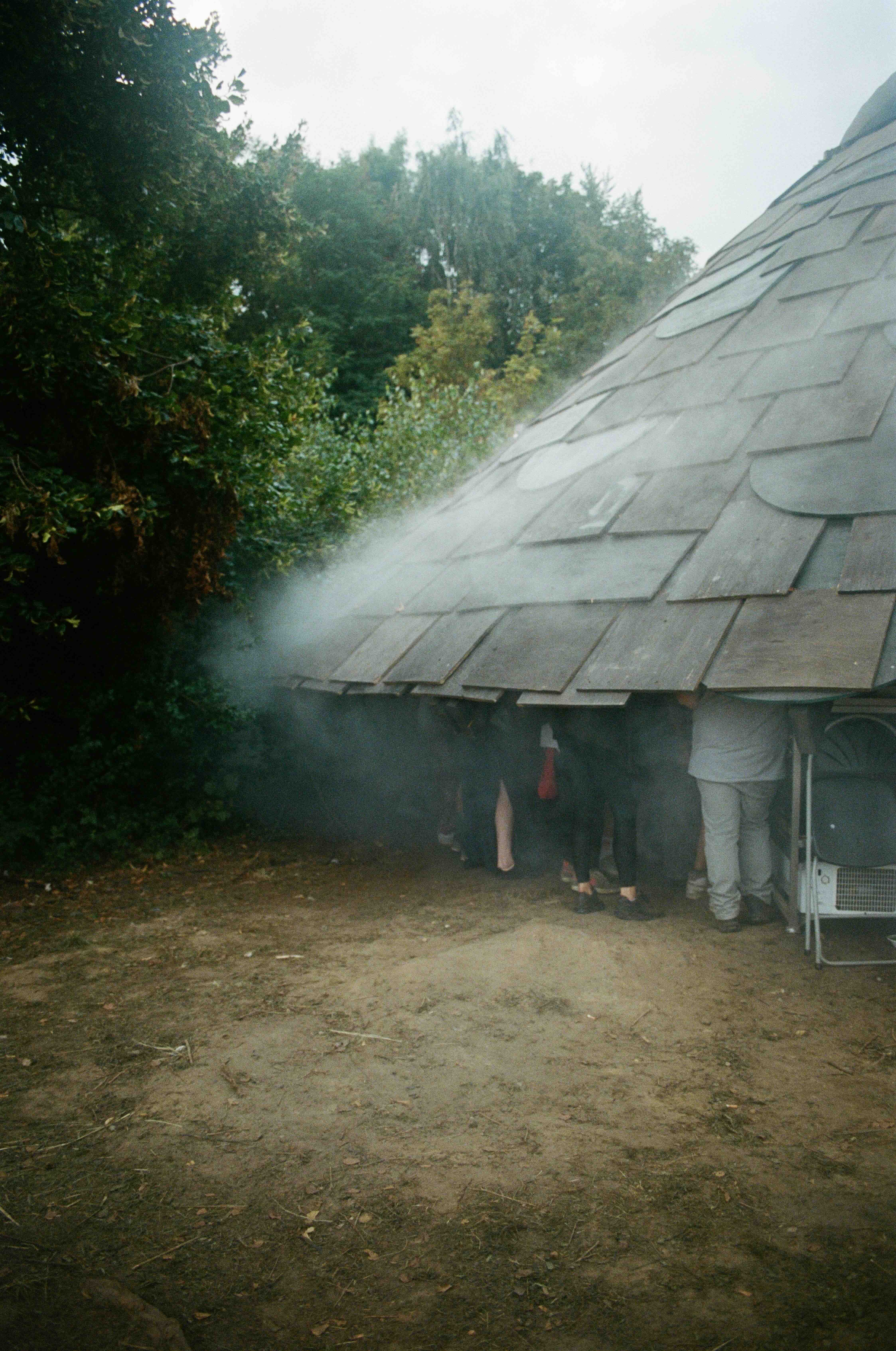
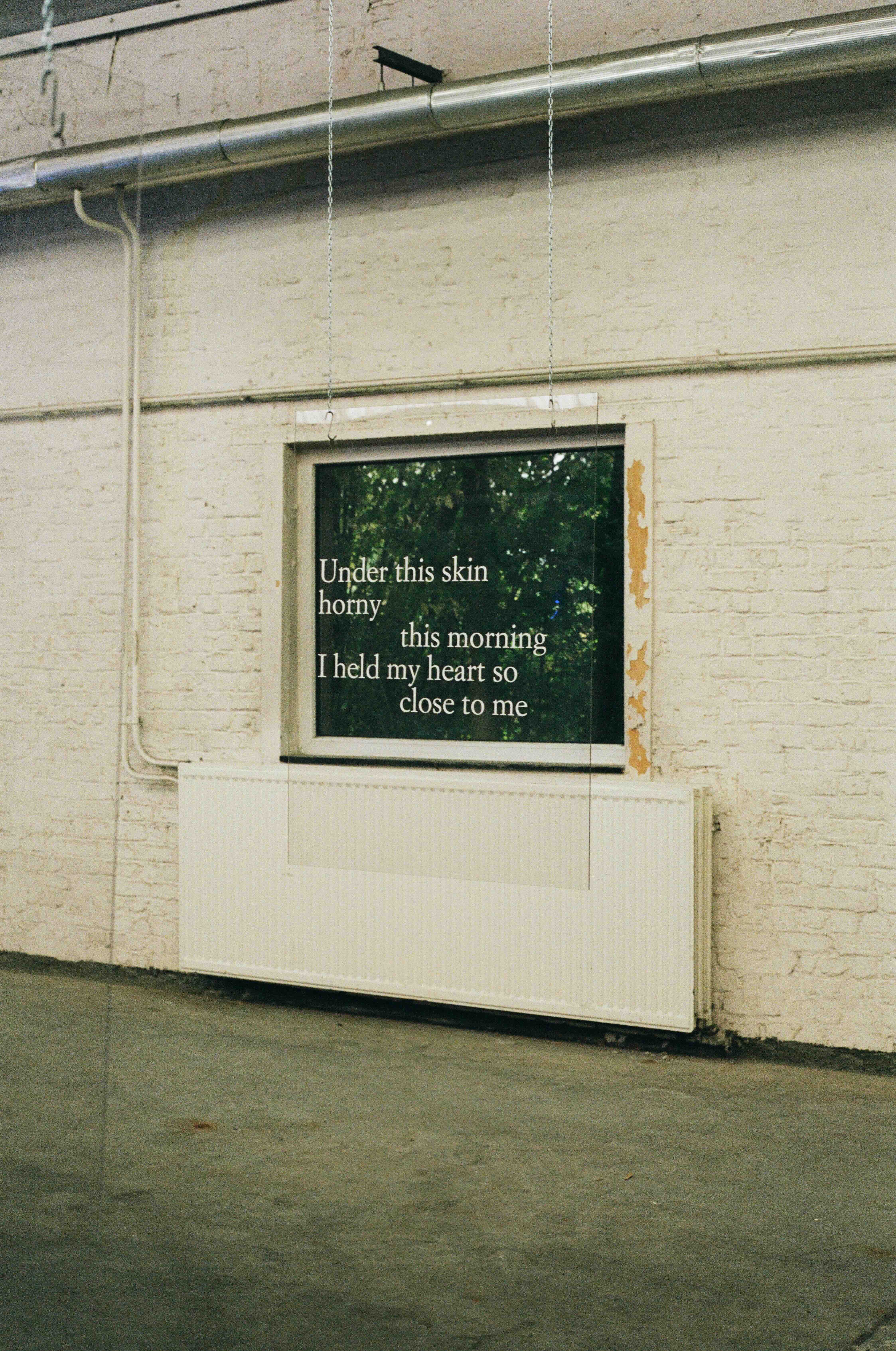

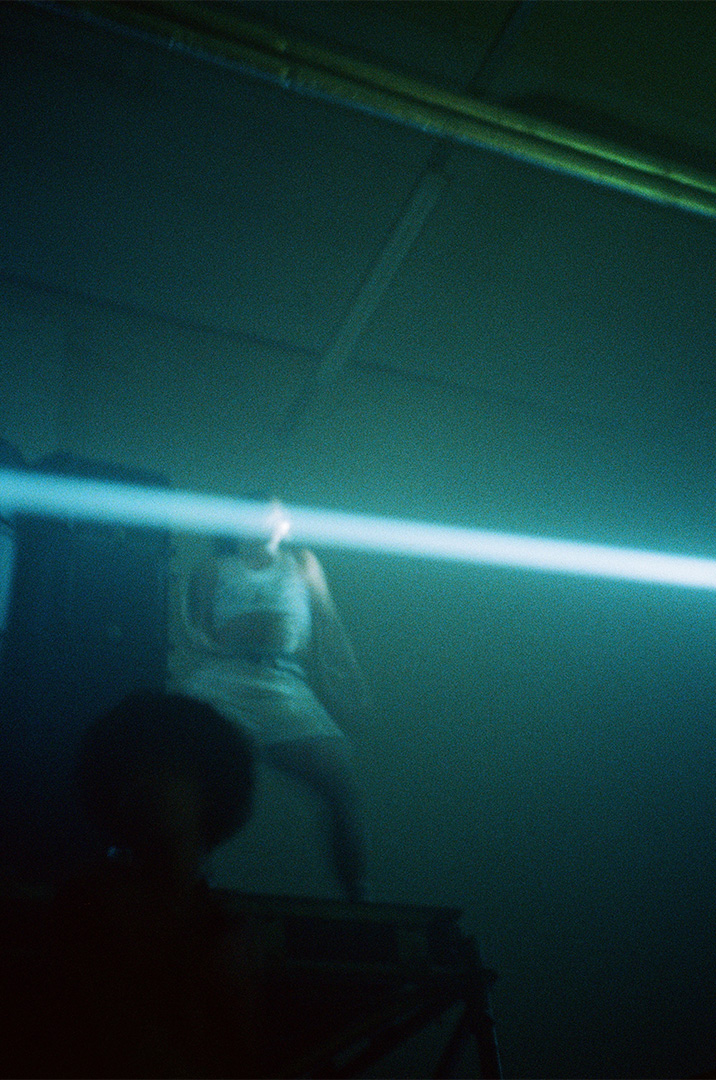
The listening stage
In 2022, we focused on Turning Circles, an indoor listening space designed as an architectural intervention. Visitors could lie down, look up, and engage with sound in a meditative environment. The space featured orbiting sculptures by London-based studio JAM, shaping both acoustics and visuals to offer a reflective retreat from the festival’s high-energy environment.
We produced a short documentary and editorial piece that explored the wider questions raised by the space: Can music be experienced beyond the dancefloor? Can a room influence attention or collective stillness? From concept to post-production, we approached the project as both observers and researchers, inviting audiences to consider listening as a shared, reflective practice.
Art and movement in dialogue
In 2023, Horst secured a 10-year permit to activate Asiat Park, allowing the site to develop into a cultural hub connecting diverse communities through art, architecture, and music. That year’s theme, Where The Wild Things Are, celebrated grassroots creativity and the often unseen energies that shape urban spaces. The programme expanded beyond the festival dates, featuring site-specific commissions and immersive installations that engaged with both the park’s architecture and the local community. Circular stages, architectural interventions, and experimental setups invited visitors to experience the space in new ways. Our documentation highlighted these processes in an audiovisual essay, showing how art and architecture remain central to Horst’s long-term vision for cultural development.
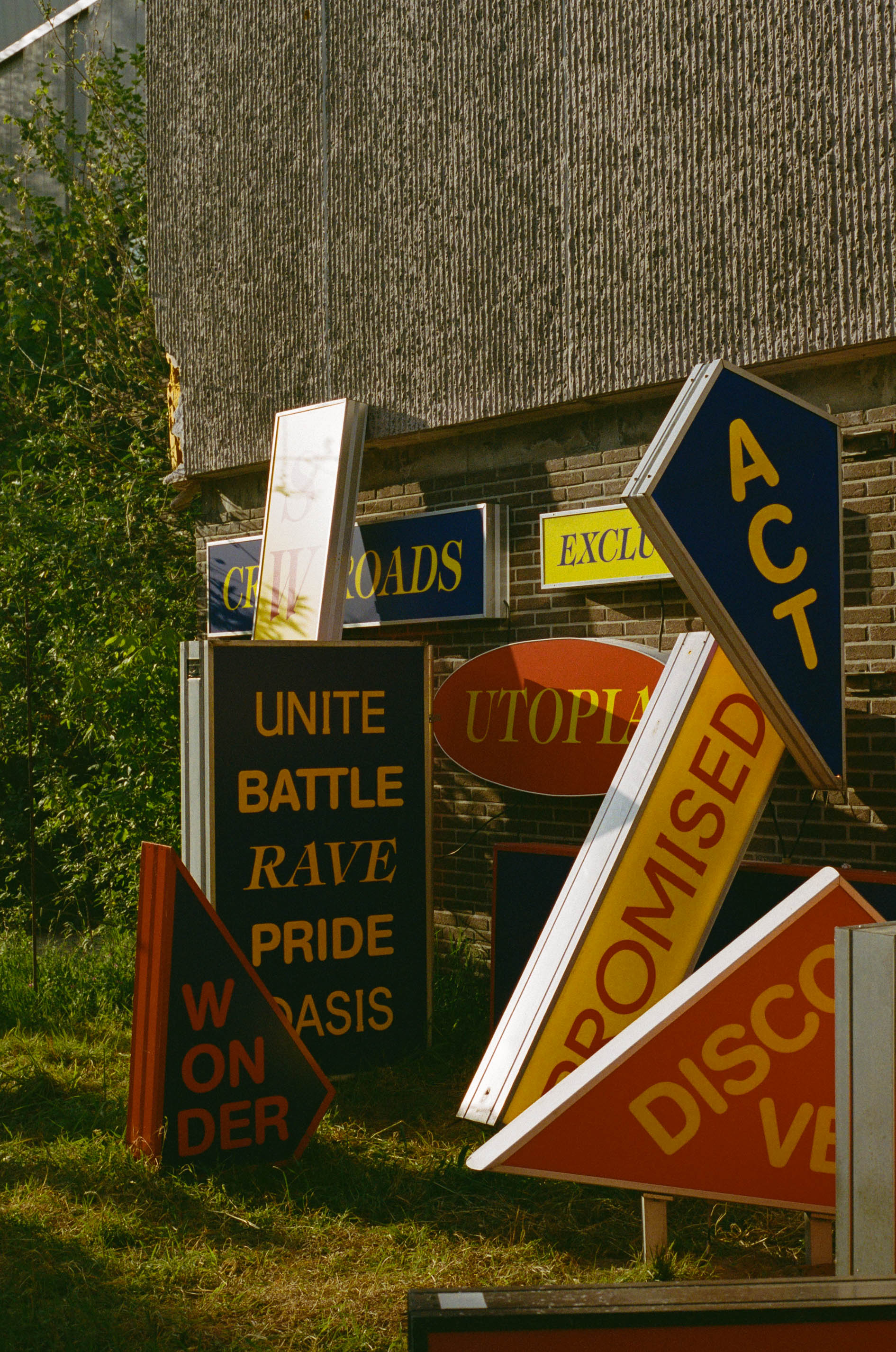
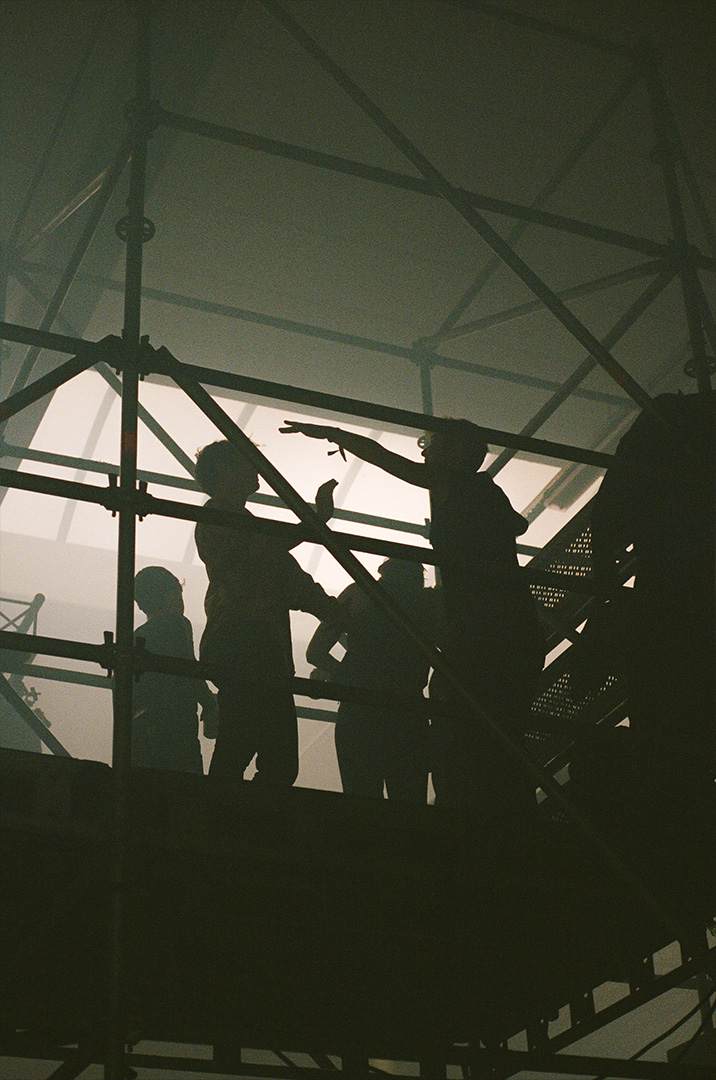
Co-curating the cerebral
By 2024, our collaboration had grown from documentation to co-creation. We transformed the Rain Room into a space for panels and live performances, combining music, art, architecture, and technology. Over three festival days, audiences engaged with discussions and performances exploring creative practices, spatial design, and the cultural role of festivals.
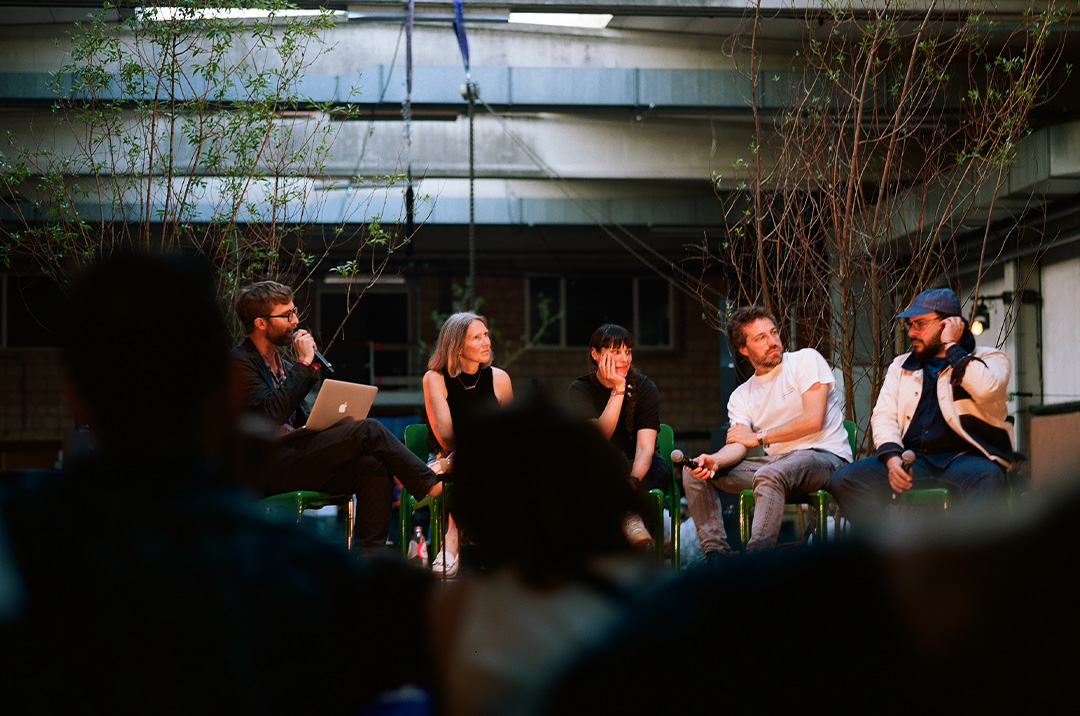
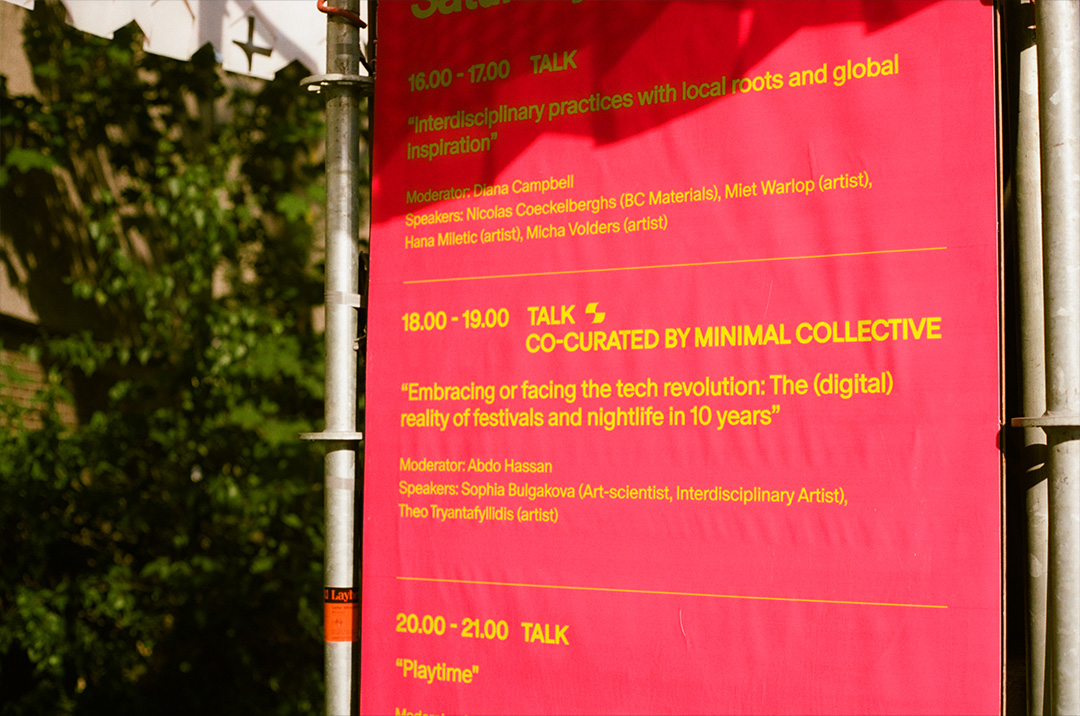
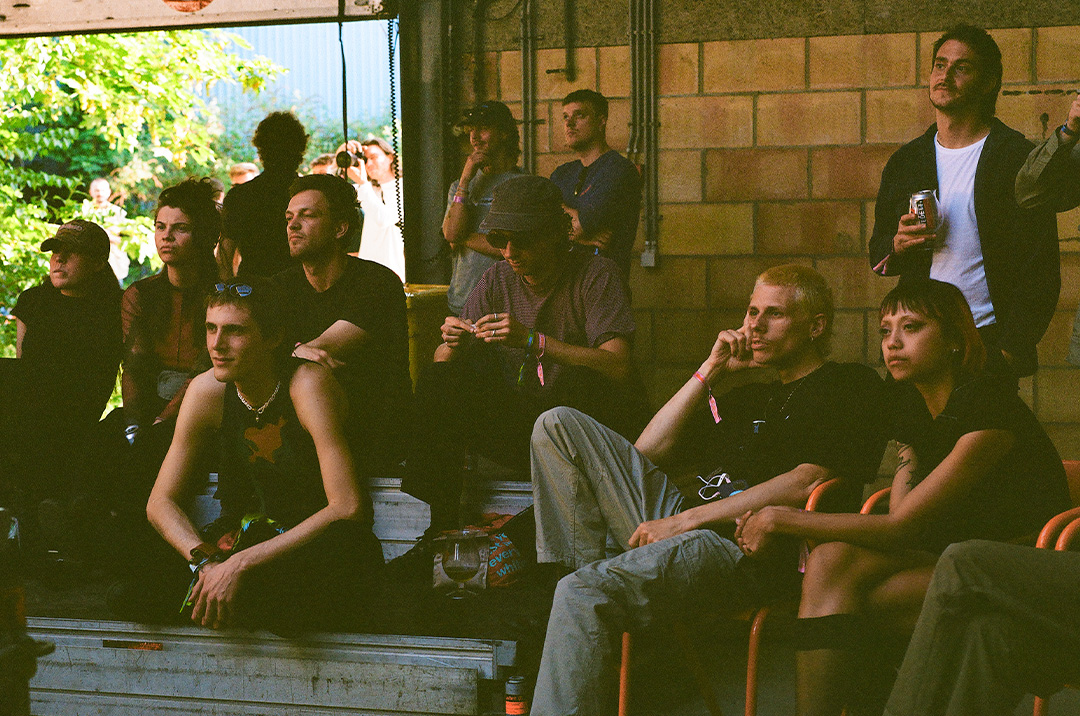
Panel topics included the role of festivals as cultural platforms, creative norms in music and performance, the influence of technology on artistic practices, and the interplay between local roots and global inspiration. Live performances by Yav (Movements of Soul), Katharina Senzenberger (Romance Reservoir), and Leïla Alice (Lilo Soleil) complemented the discussions, enriching the reflective atmosphere. The Rain Room provided a setting where performance, dialogue, and architecture converged seamlessly.
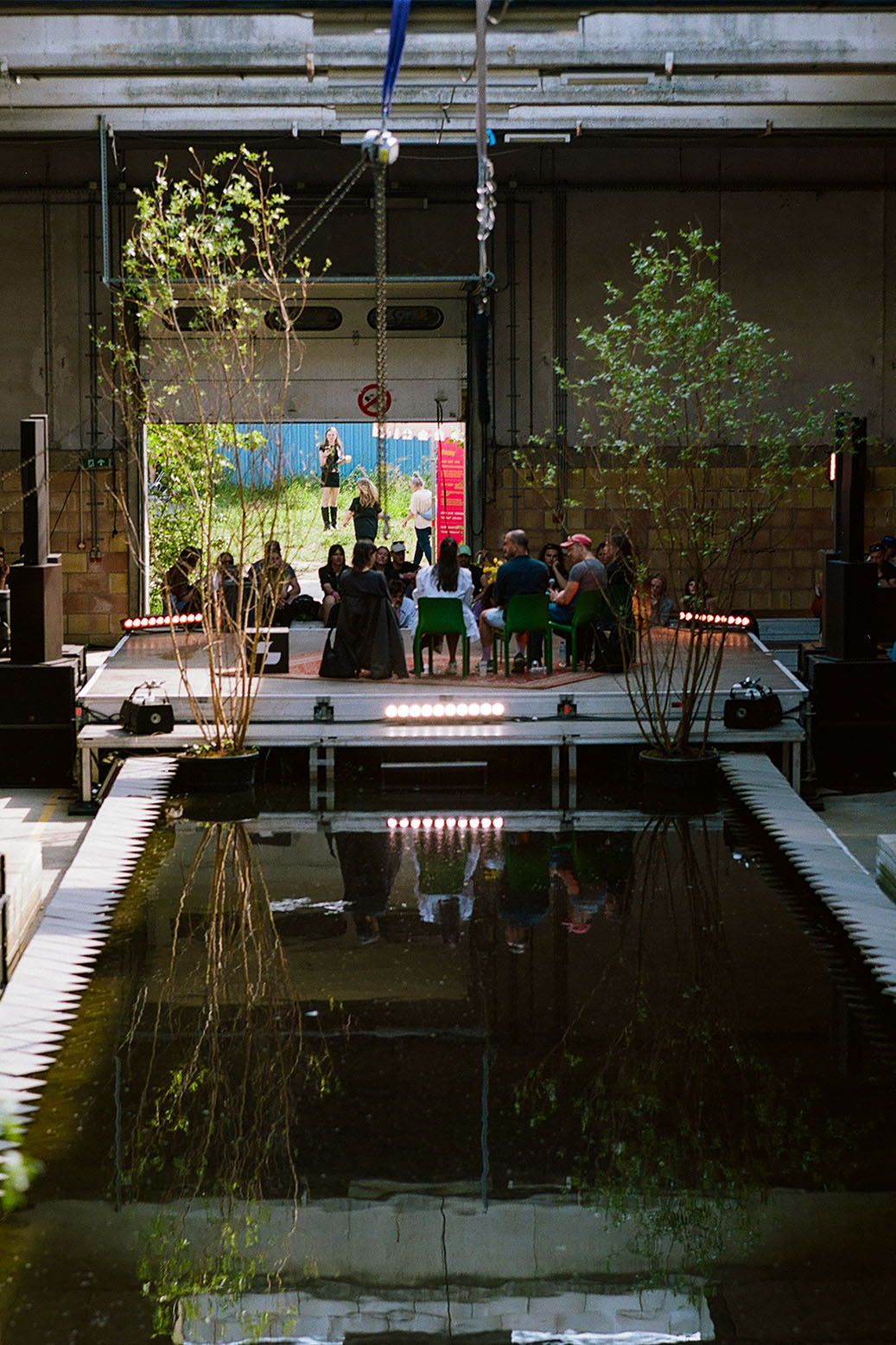
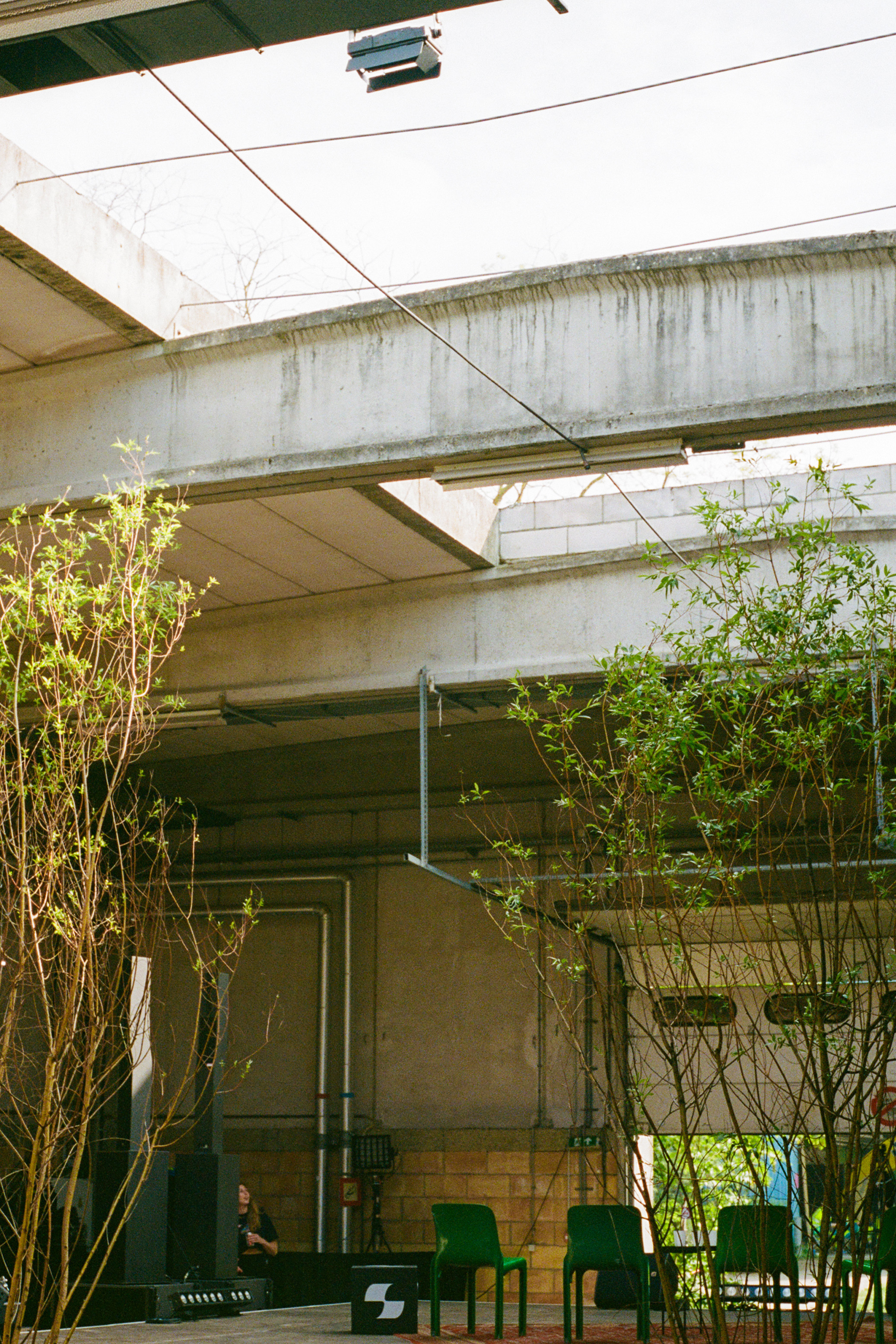
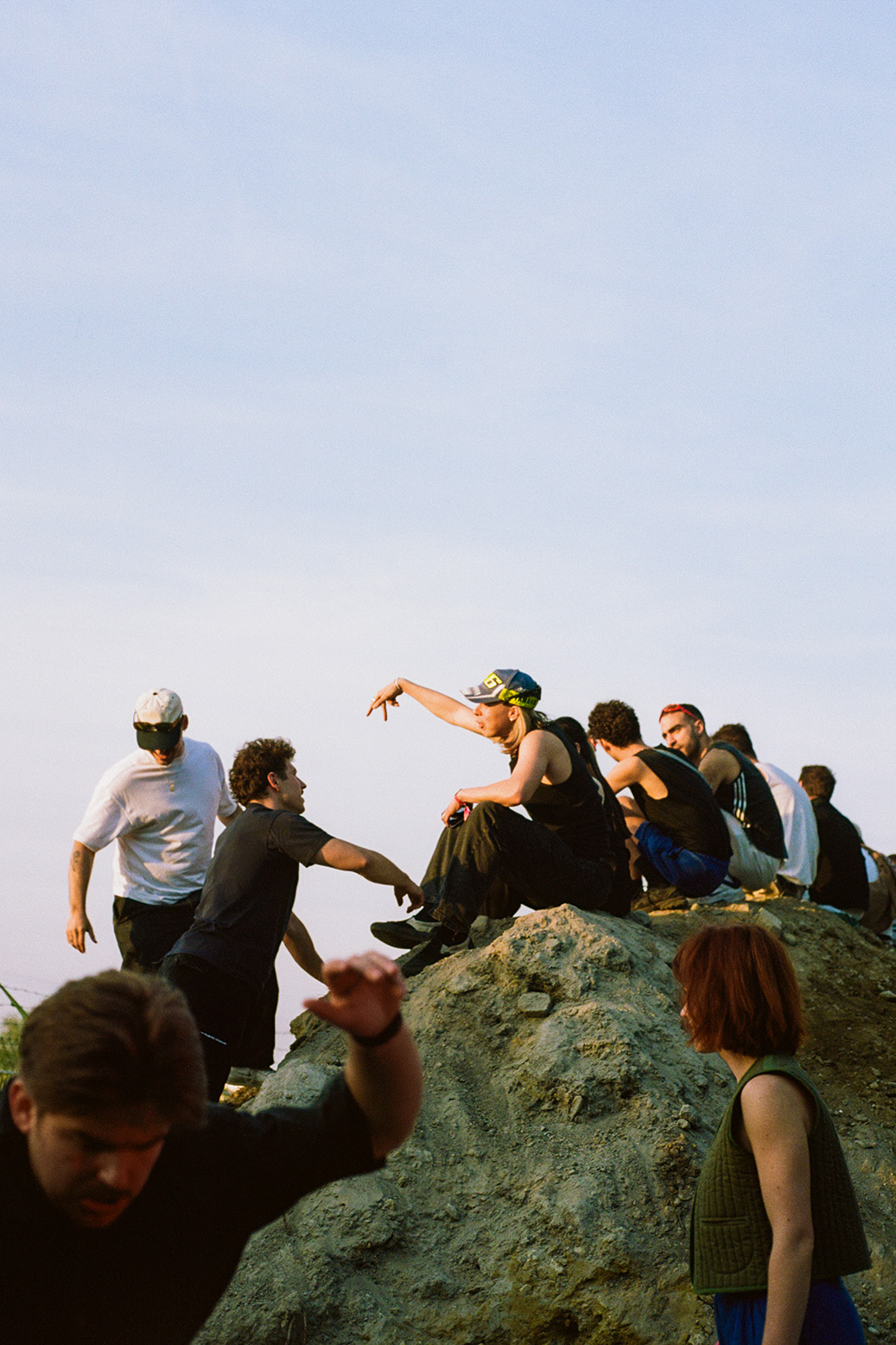
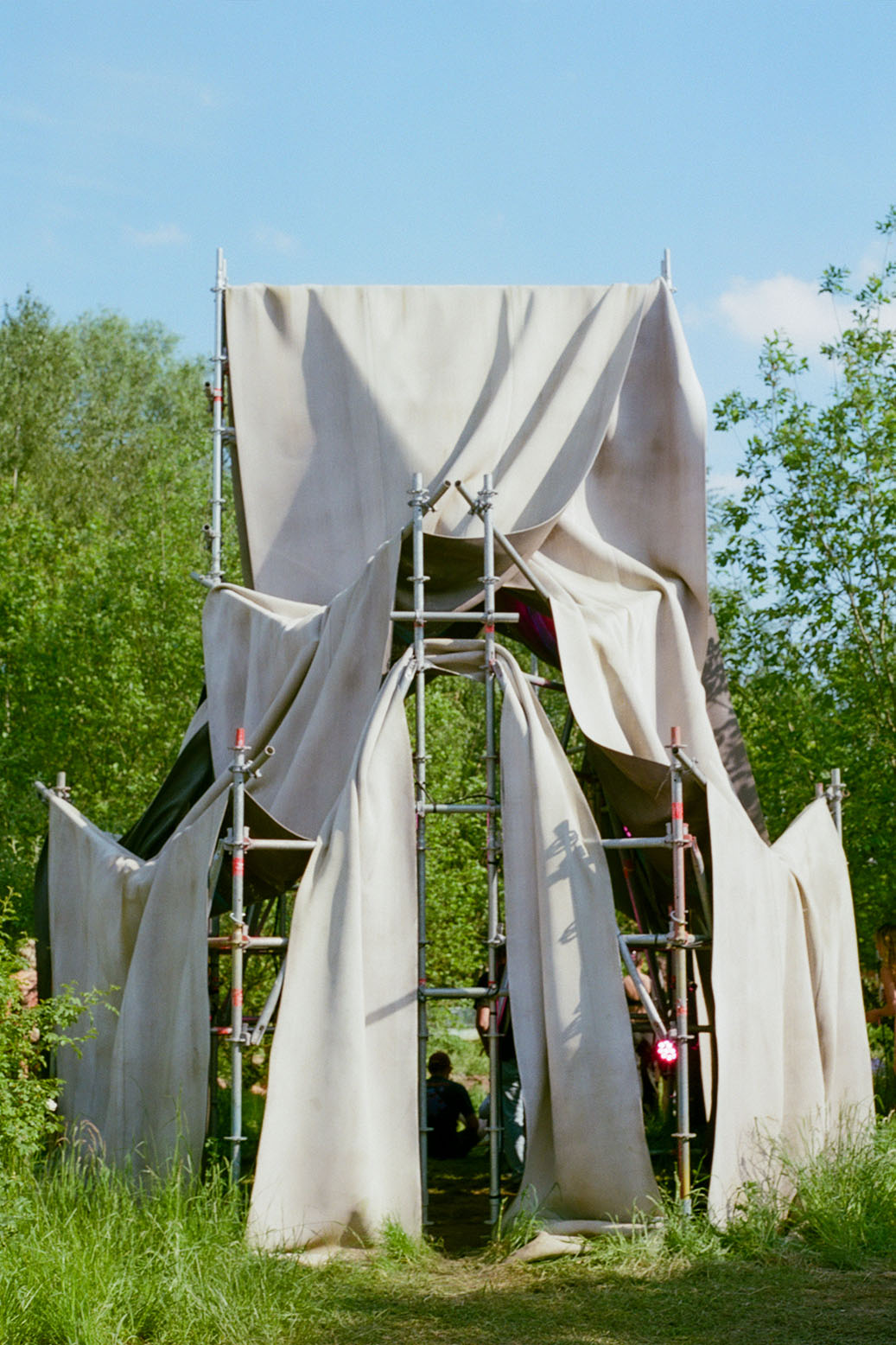
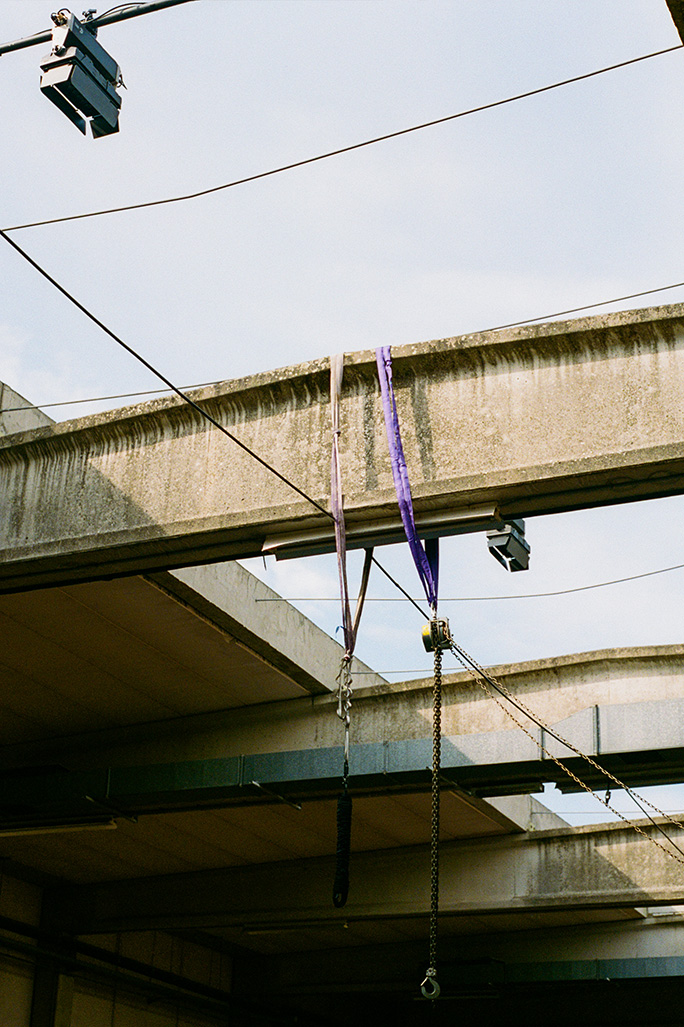
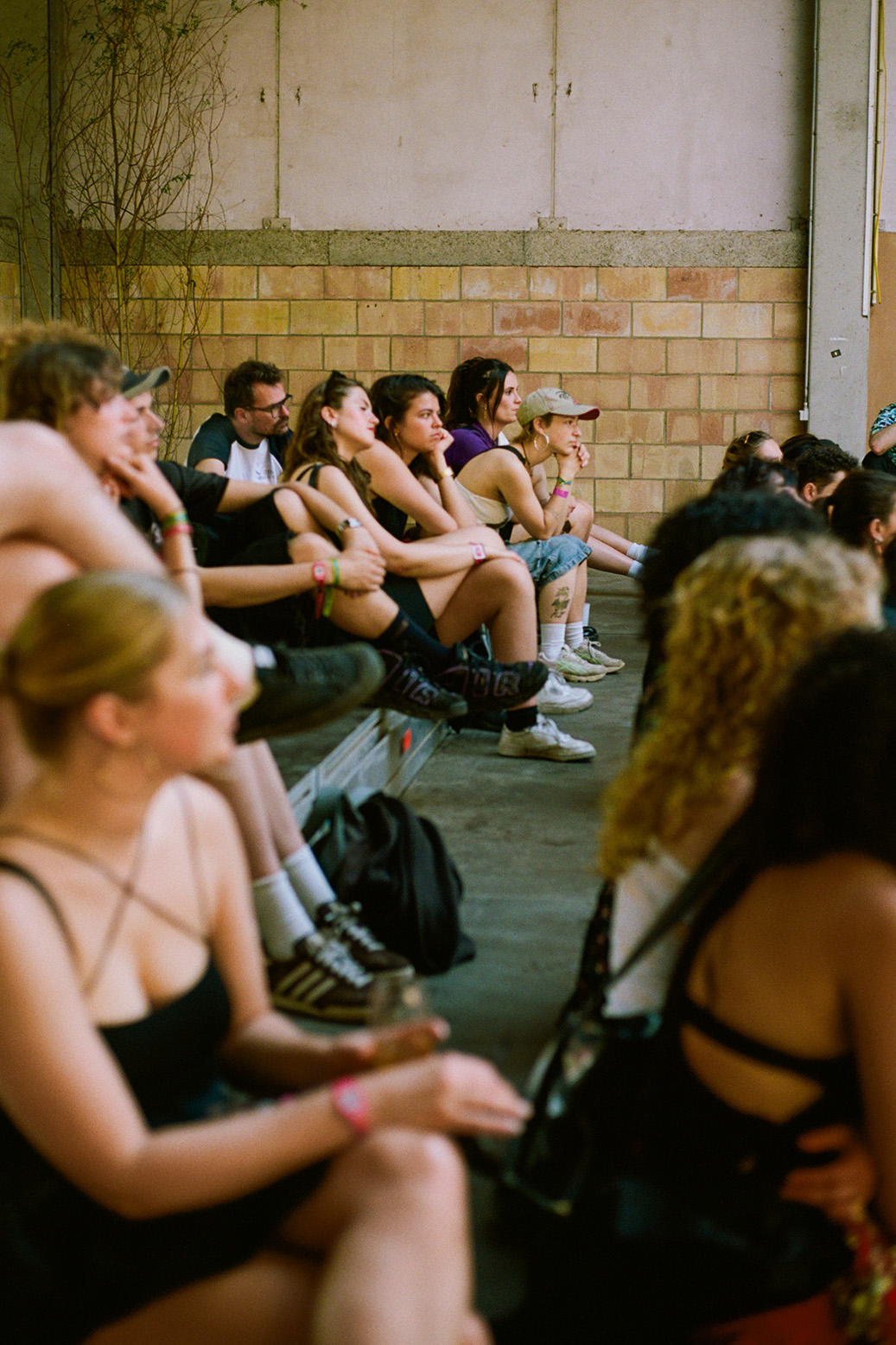
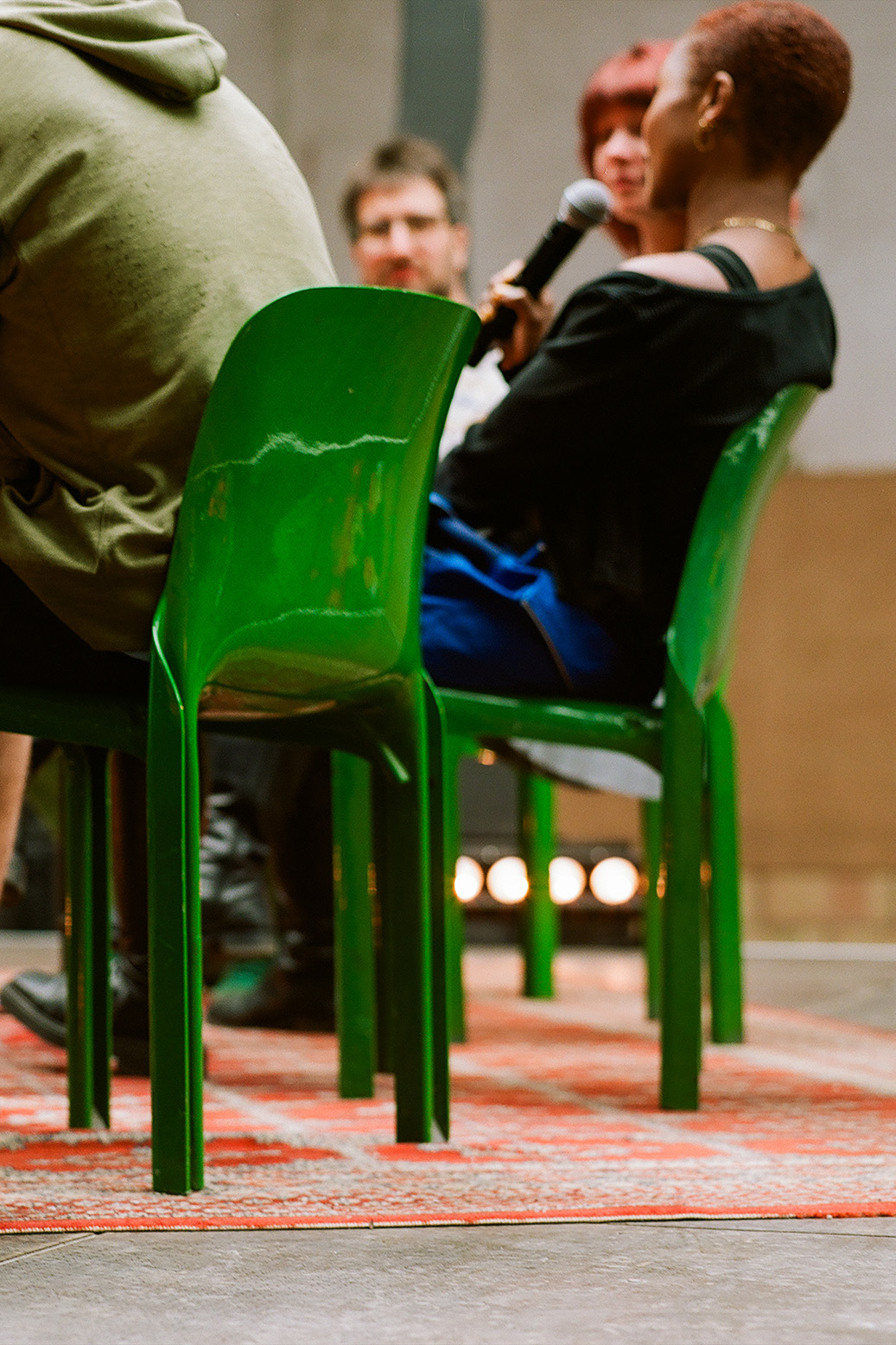
Through this ongoing collaboration, we explored how storytelling can reflect and respond to Horst’s evolving identity. What began as documentation developed into co-creation, guided by research, observation, and mutual trust.
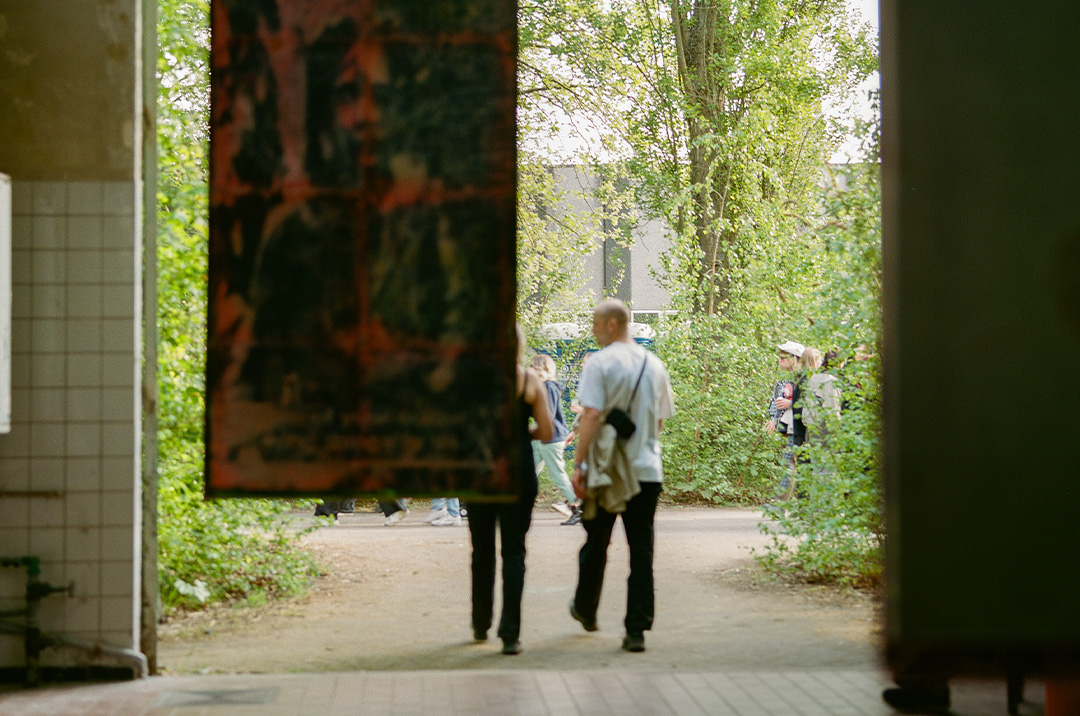
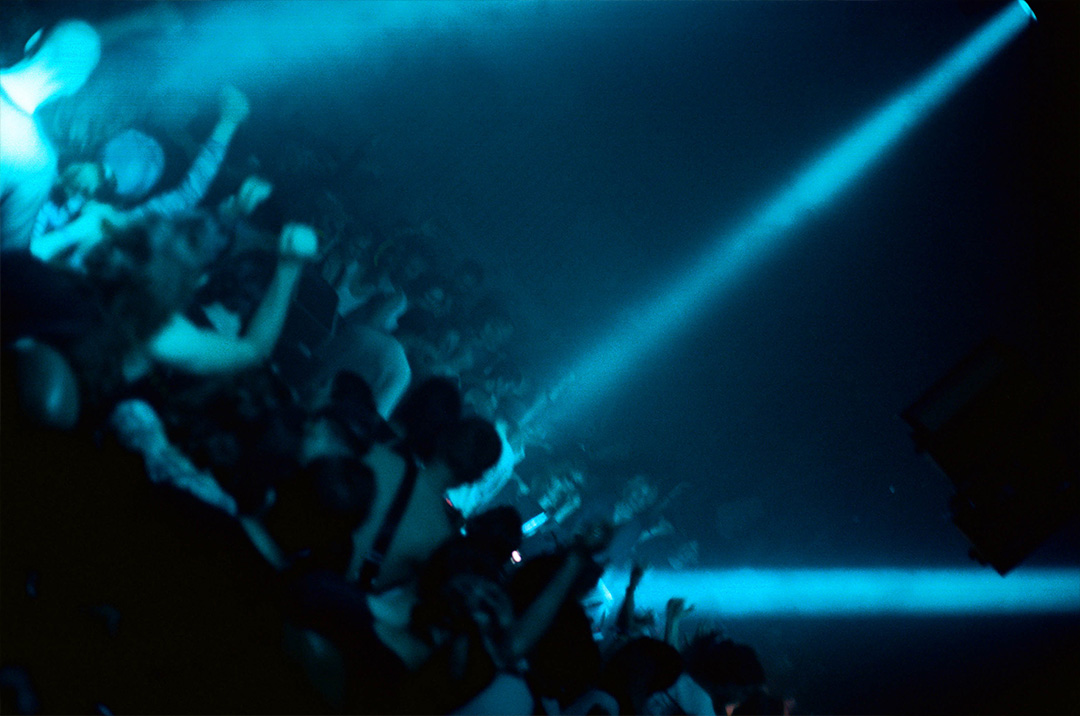
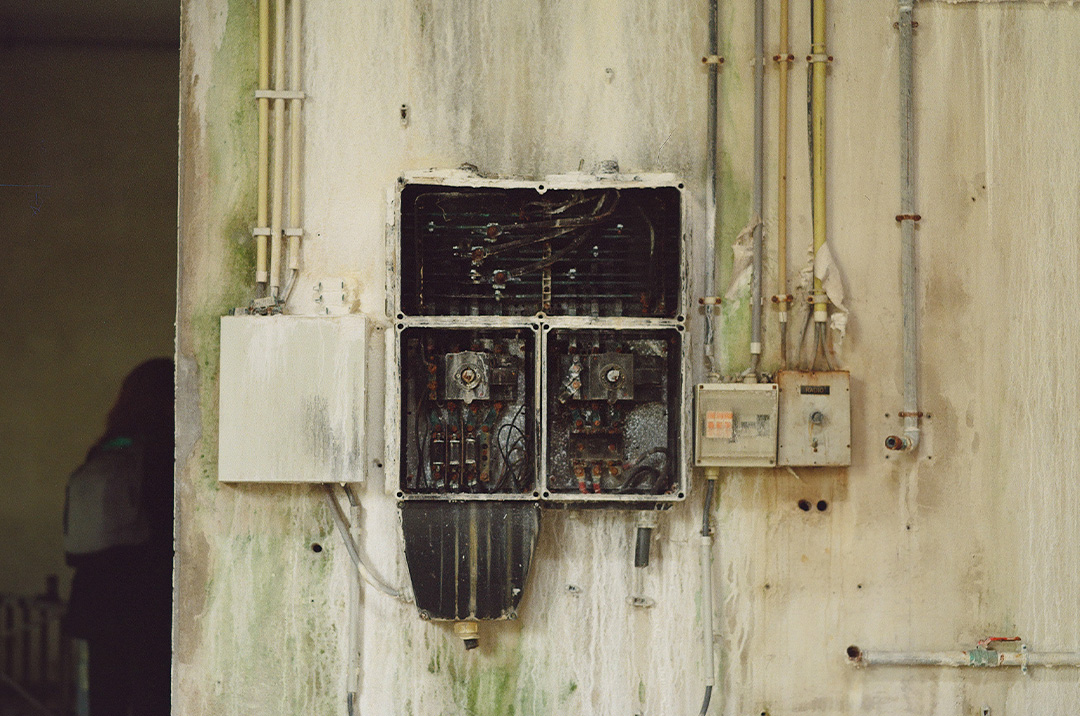
As Horst continues to define new possibilities for year-round cultural engagement, Minimal Collective remains committed to exploring ways of narrating and supporting its multidimensional practice - and others like it around the world. This collaboration demonstrates how a sustained partnership, rooted in curiosity and attentive observation, can illuminate the intersection of sound, space, and social imagination.

